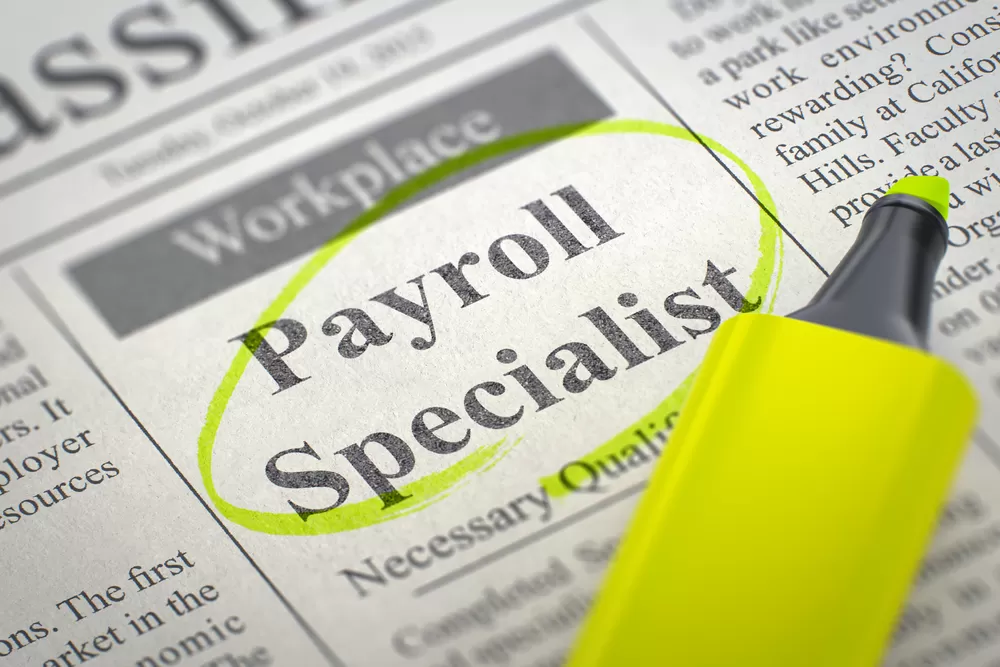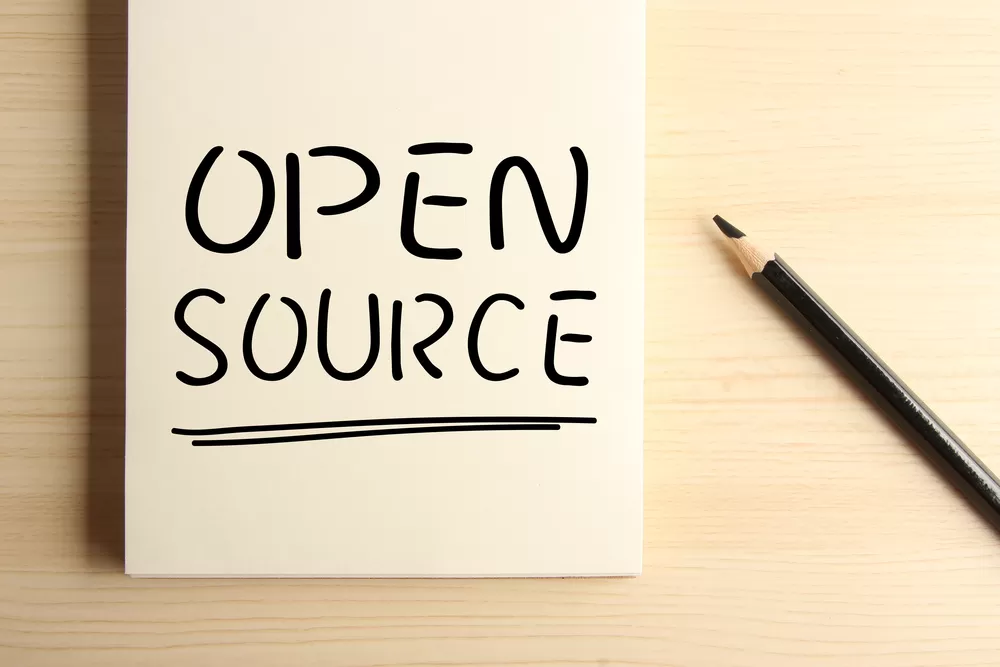Payroll software can make life easier for employers, managers, and HR professionals. When payroll is run manually, it can take hours and lead to errors and compliance issues. While many companies have realized the benefits of automating payroll, this important task can be made even easier by combining payroll software with work time clock capabilities.
Our 2024 Preferred HR Software Partners

Paycor HCM
By PaycorCompany Name
Paycor
Suitable Company Sizes
Small, Medium, Large
Support Available
Android, IOS, Web Browser, Windows
Does Your Company Need Time Clock Software?
Time clocks for employees are important to any business with hourly staff or tasks that need to be tracked. Even when employees are paid a salary and schedules are flexible, employers should know how many hours are being worked and how many days are being missed. When employees are paid hourly, this information becomes even more valuable.
Not all HRIS solutions will have time clock tools available in their suite of features. Integrating a time clock with your HR software ensures better accuracy in reporting hours worked. A HRIS can automatically submit tracked time to the payroll system. This integration is essential to accurate and efficient payroll.
Any company that has hourly employees or employees with different schedules should have their time clock integrated into a HRIS. Companies that need to track the amount of hours worked on specific projects can also benefit from time clock software integration.
What Are the Most Common Workplace Time Clocks?
There are several types of time clock. Many HRIS solutions can integrate with a pre-existing time clock or offer an online timekeeping feature. But how do time clocks work? All of the following examples follow the same general goal of starting a time clock when an employee begins work and stopping the clock when they leave for the day. However, each type of time clock has different methods for starting and stopping the clock. Some are automatic and some are manual, but if you find the right software and the right time clock, you should be able to integrate the two.
Online Time Clocks
Online timekeeping may work best for employees that work remotely. Employees can log into a self service portal to clock in and out or report hours worked. A digital time clock can be a convenient way for employees to clock in and out no matter where they’re working.
Mobile Time Clocks
Mobile time clocks are timekeeping apps that sync with HR software to report the hours an employee logs. Employees can log in and out the moment they begin or stop work, no matter where they are.
Time Clock Kiosks
Time clock kiosks may be best for employees that work in a standard location under supervision. Employees may punch in using a card or code. A time punch clock can integrate with time clock software so its data can be automatically sent to payroll.
Biometric Time Clocks
Biometric time clocks may work best for employees that work in a standard location, but with limited supervision. Employees must punch in using a biometric identifier such as a fingerprint or iris, as indicated by the mechanism. This type of time clock prevents employees from clocking one another in or otherwise committing payroll fraud. Similar to employee punch clocks, biometric time clocks can also integrate with time clock software.
Proximity Time Clocks
Proximity time clocks involve physical hardware that senses the proximity of a fob that the employee would carry with them. The time clock would log time for that employee’s fob is near the device. These time clocks in the workplace can save time as they eliminate the need to stop and clock in.
The Pros and Cons of Time Clock Software
Time-tracking software has the potential to offer many benefits to companies. However, just like with any software, there’s no guarantee that software will provide only benefits. Especially if you’re using time tracking software to keep track of how long employees spend on individual tasks, there can be cons as well.
The Pros of Time Clock Software
The pros of using software for time clock and time tracking can include:
- Accountability
- Transparency
- Cost savings
- Increased productivity
Accountability
Using software to track employee time means that there’s greater accountability on the part of your employees. The software guarantees that you know exactly when employees clocked in and out. If someone is late, you know about it. If you’re using the software to track employee tasks, then it’s easy to see who is spending how much time on which tasks.
Employees can be held accountable for their time throughout the workday. The software can also provide insights into where there is room to improve.
Transparency
Tracking employee time can also improve transparency. Data from the software can show exactly how much time is spent on what kinds of tasks. It can also show exactly when employees are clocking in and out. No matter how you’re using the time clock software, its data can offer transparent data into how employees are spending their time. This can result in actionable insights that show where employees can improve efficiency or where more training may be needed.
Cost Savings
Using software for a time clock can help the company save money. Using software eliminates the need for filling out manual timesheets. This saves on the cost of the time sheets. It also saves valuable employee and HR time. Everyone is able to spend their time more efficiently and on more important tasks.
Increased Productivity
If employees are keeping track of their time and how much of it goes to each task, it’s easier for them to see which tasks take the longest. In order to be better at managing their time effectively, they first need to track that time. The insights offered into time tracking by the software can help employees improve their productivity and efficiency. Employees may also be more motivated to perform more productively when they can see exactly how long they’ve spent on a task.
The Cons of Time Clock Software
The cons of using time clock software can include:
- Micromanaging
- Discrimination
- Unreliability
Micromanaging
Knowing exactly when employees clock in and out and how they’re spending their time can lead to micromanaging. Employees don’t want to feel like someone is standing over their shoulder watching their every move. If employees feel that they’re being monitored too closely, they won’t be as productive and morale will suffer.
Discrimination
Some employees may take longer to perform certain tasks due to a disability. It’s important to not hold a disability against an employee, even if it results in lower productivity in a certain area. Be careful that time tracking doesn’t result in discrimination, no matter how inadvertent.
Unreliability
While software is, in general, very reliable, no software is 100% perfect. Software relies on people using it correctly to meet its full potential. If employees aren’t reliably using it or if they manually alter their time tracking, then the software might not be as reliable as it could be.
Key Features of Time Clock Software
While there may be some features all time clock software will have in common, each system is going to be different. In your search for the right timekeeping software, it’s essential to look for the features that will best meet your needs. But what are the key features of time clock software?
Time Clock Compatibility
Some time clock payroll software will include its own online timekeeping features. However, using an online or mobile time tracker may not be the best fit for your company. Your time clock software should be able to integrate with whatever type of time clock you choose to use. If you want to use a biometric or proximity time clock, the system should be compatible with a variety of options.
Payroll Software Integration
Many time clock and payroll software companies make it easy to integrate the software with time clocks and many time clock vendors reciprocate. Depending on how well the systems integrate, you may have to import time and attendance data into payroll software or it may filter in automatically.
Integrating payroll and timekeeping software may be a good option for companies with unique time and attendance or payroll needs. You can select the payroll software that works best for you, and then decide upon a time clock solution that works for your company structure.
Comprehensive Analytics and Reporting
Your time clock and timekeeping software should be able to take the data it receives and analyze it. The software should be able to look for trends that can turn into actionable insights. There should be reports containing all of the data the system analyzed so HR can act on it.
Why You Should Consider All-in-One Payroll Software with a Time Clock
All in one HR software solutions may offer both payroll functionality and time clock capabilities. Since the system functions as a whole, the data entered into the time clock feature is available in the payroll module. This eliminates double data entry, prevents errors caused by mis-keys, and saves time by auto populating fields.
All-in-one HR software is a simple option for companies looking to streamline their time tracking and payroll. All in one options are often very general, however, so they may not fit the needs of your company perfectly. Other modules also come standard with most HR software packages, which may be unnecessary if all you want is payroll and time clock options.
Are you looking for a HRIS with time clock and time management software? Let us help you find the software that will best meet your company’s needs. Visit our software match page today.












